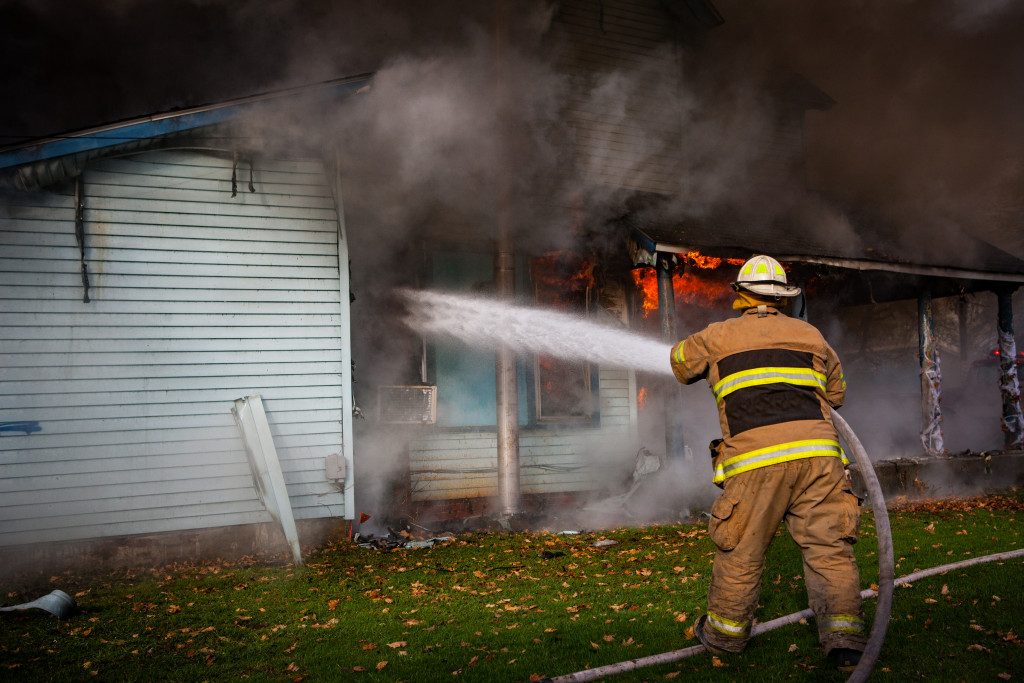As the popular saying goes, “better safe than sorry”, you can apply the same in the mindset of pre-emergency preparation. In planning beforehand in anticipation of any emergency, people should put effort into ensuring their safety once it strikes to lessen the burden of having to pick up from scratch in its wake.
Accidents of any nature can happen anytime and anywhere. They can range from natural causes such asweather storms and natural disasters to technical complications such as chemical spills or workplace violence. In any of these situations, it is best to know how you should approach them to not upset the situation any further.
Knowing what to do during emergencies is just as, if not more, important as knowing how to prevent them from happening in the first place. Unfortunately, if it happens to you, there is little of the situation you can control.
It is ideal to know what to expect beforehand, so you know how best to mitigate its effect. For example, having preventive measures like astormwater pollution prevention plan goes a long way in terms of natural disasters.
Stay calm.
This is an underrated step in terms of damage control. While it is human nature to sense danger and react aggressively, more often than not this can cause an unnecessary panic that just adds on to the stress of the situation. It is important tomeet the matter as level-headed as possible to survive it. Try to approach it as rationally as possible, this way you will devise a well-thought-of plan that could just very well save your life and the surrounding people.
Prepare your emergency kit.
It is highly recommended to do this step days, even months, ahead. In doing so will help you out when disaster comes and you won’t have to waste extra time putting together an emergency bag filled with survival essentials. But if time is not a luxury for you and you panic because of the urgency of the situation, remember step one. Make a mental note as you go of things you would need to survive for a good month: food, clothes, medicine, and other necessities. Keep in mind also that with picking out food, it is ideal to choose canned goods because they are non-perishable and are easier to cook with limited materials.
Find a safe shelter.

If your own household poses a great risk to your safety, you must find the nearest evacuation shelter, which usually takes place in school gyms or government halls. Some households even house their own “safety bunkers” in cases of emergencies, much like during the 1900s wartime period. If not able to, you can also create your own “shelter-in-place”. This means self-quarantine by remaining inside your home or office and protecting yourself from the inside.
While it can be time-consuming and energy-draining to have a full contingency plan in the swing when you’re not even sure any accidents will happen, you will feel immensely better knowing you did all you could to minimise the damages it would have done. Sometimes, your meticulous pre-planning in expectation of such a crisis can even be life saving.

